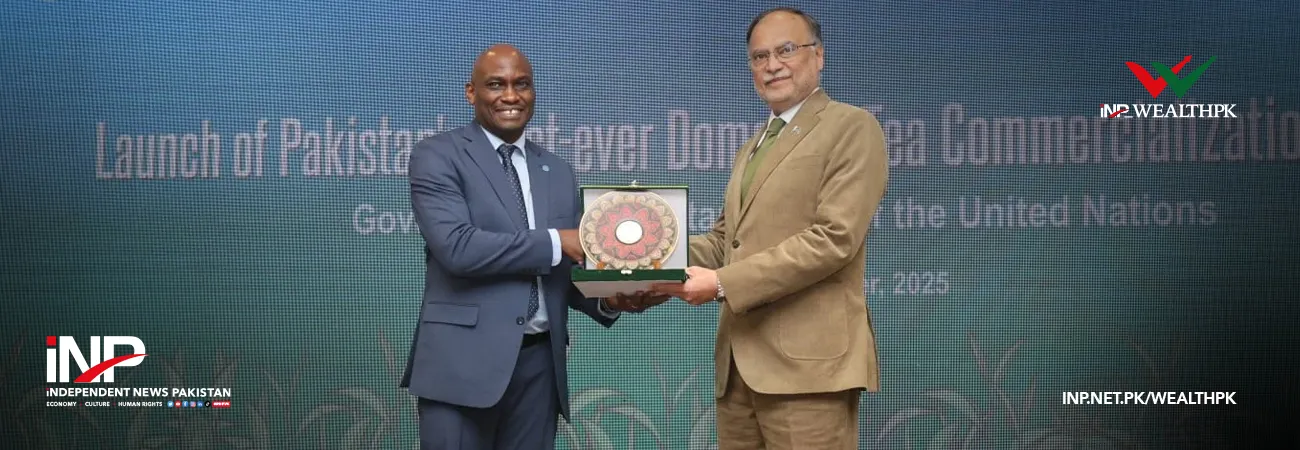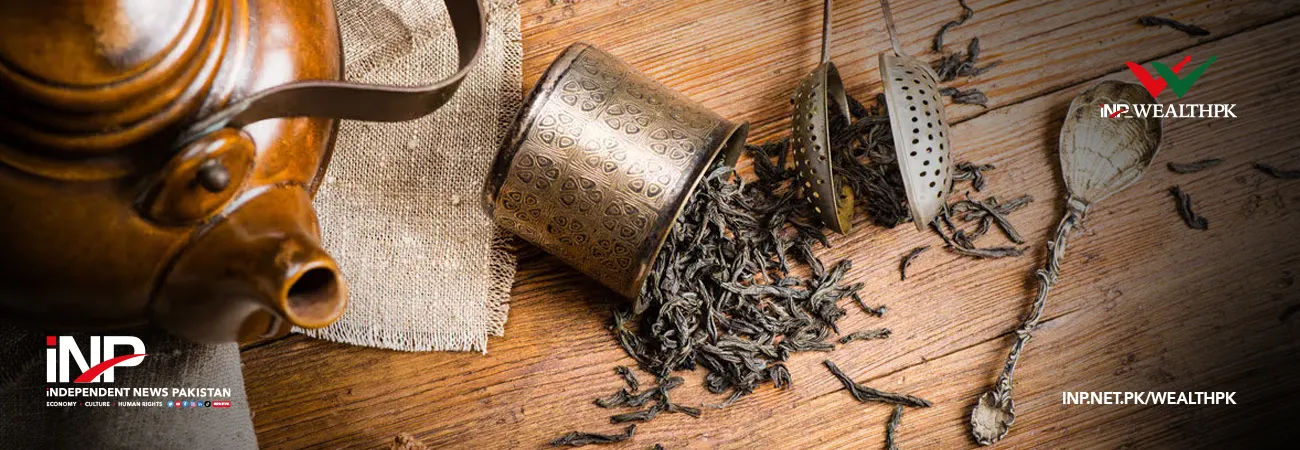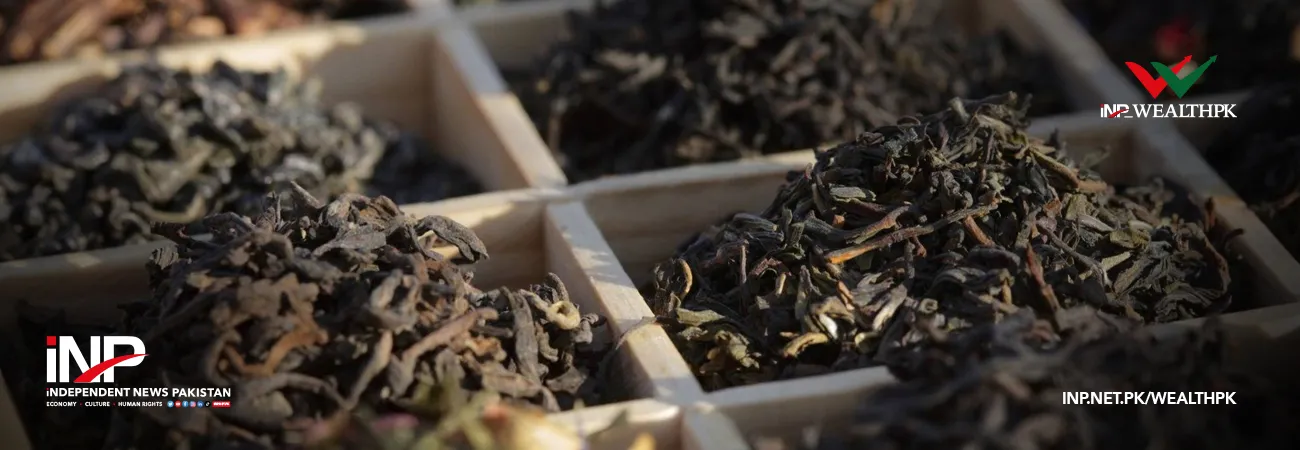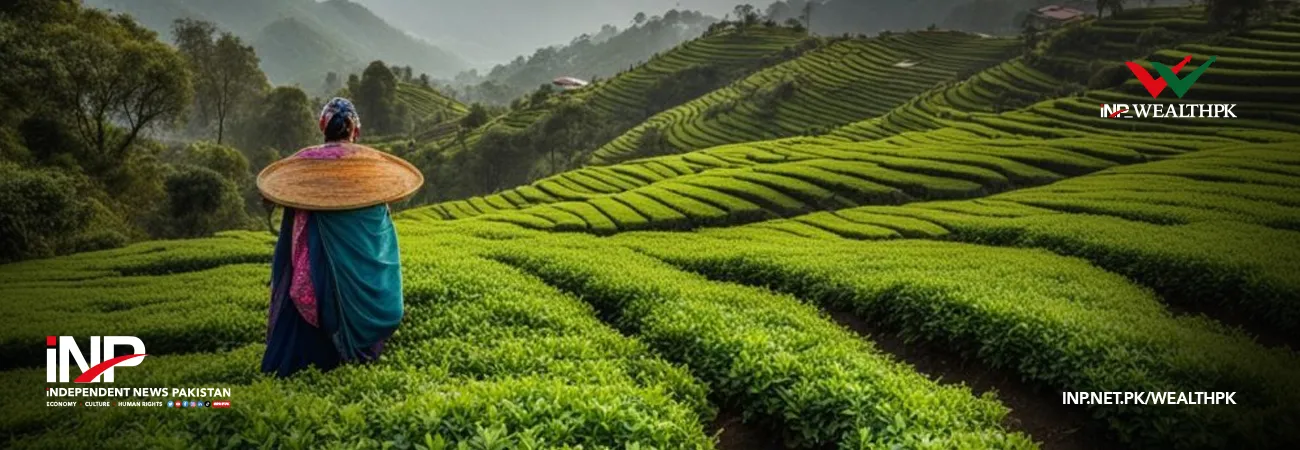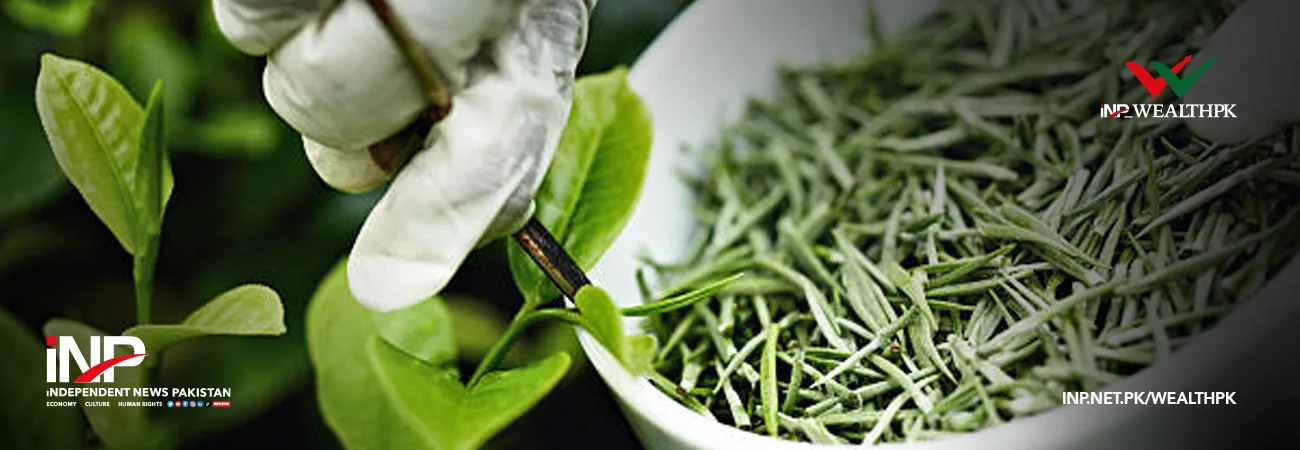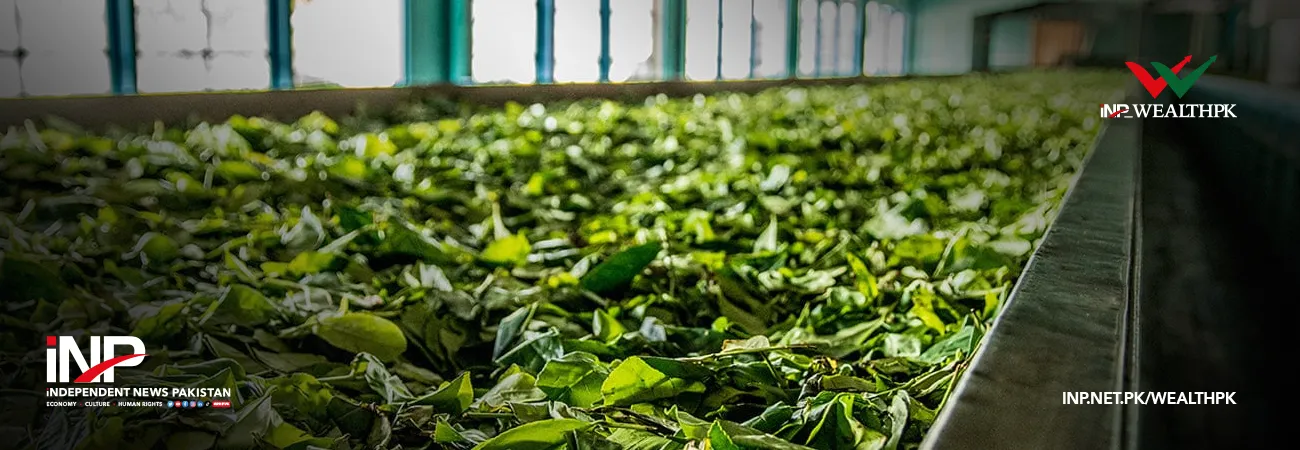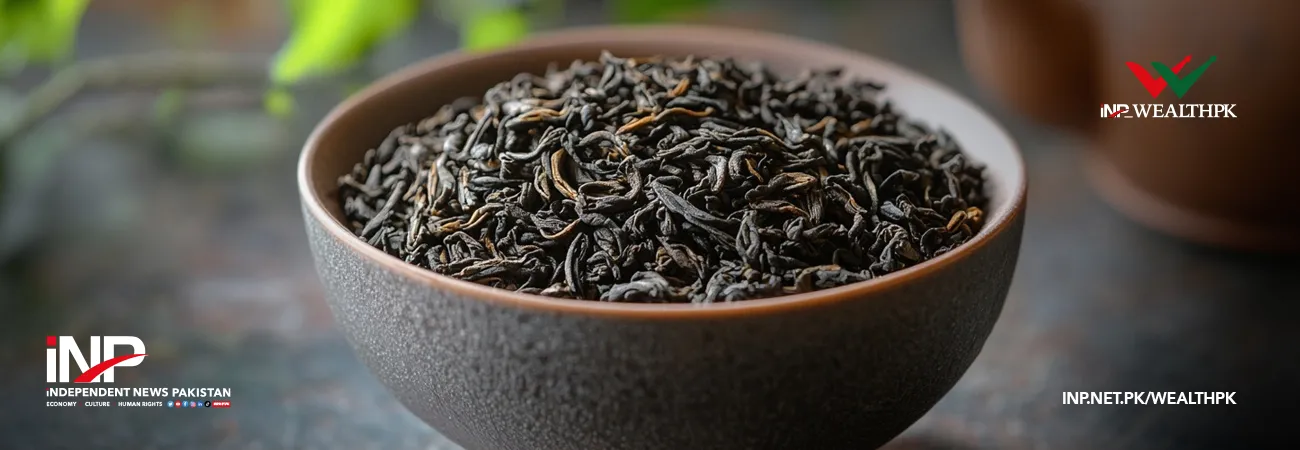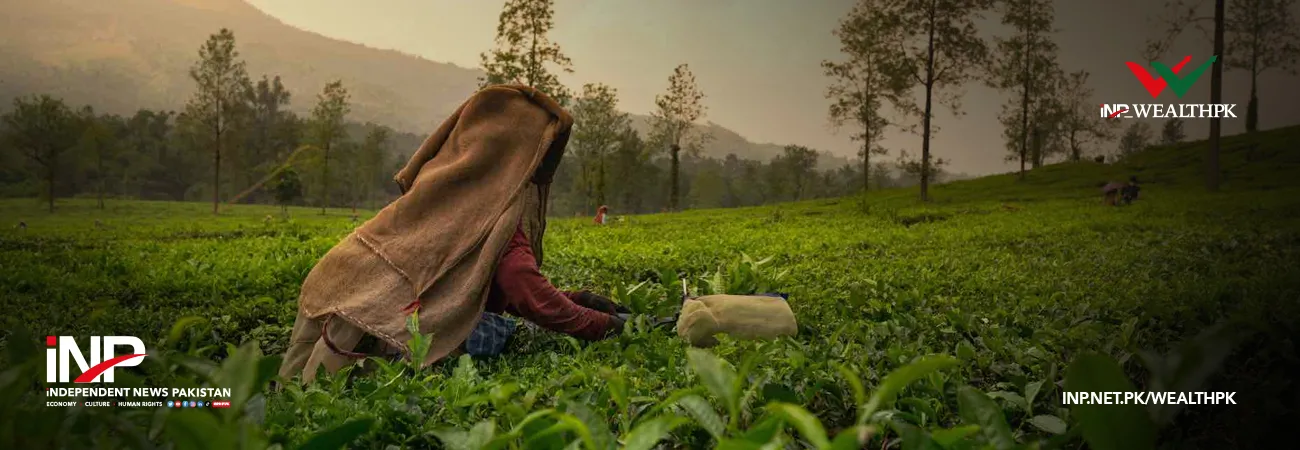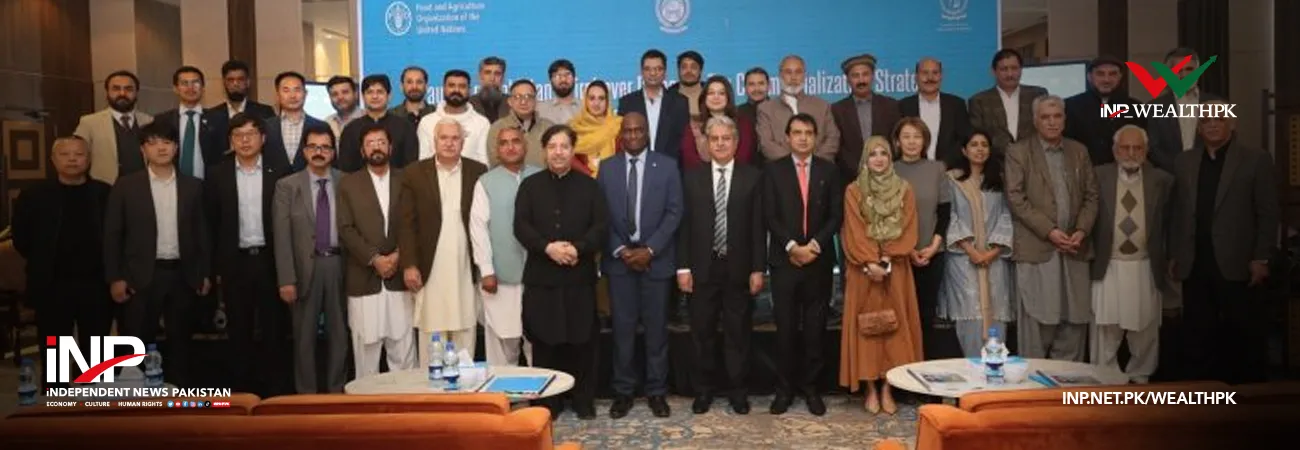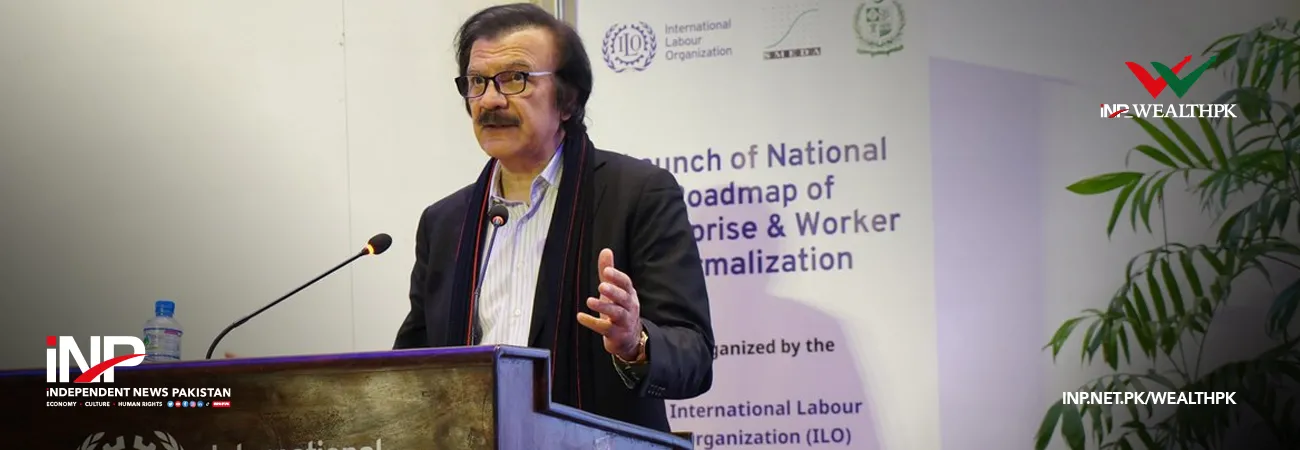INP-WealthPk
Ayesha Saba
In the quest to propel Pakistan towards the upper middle-income status, a two-pronged approach centred on substantial increases in investment and productivity growth is paramount. Zafar ul Hassan, Joint Chief Economist, Ministry of Panning Development and Special Initiative, said this while talking to WealthPK. “A strong economy is characterized by productivity, quality, and innovation, which are the three pillars of competitiveness and economic growth. Undoubtedly, productivity growth is the most crucial determinant of the growth of any economy,” he said. “Pakistan's slow growth rates of output can be attributed to a lack of innovation, low investment, technology inefficiencies, and limited research and development. “To achieve growth, we must optimize our productivity tools, including our human resources, technology, and processes of various industrial value chains.
The intended outcome is to enhance our trade with the rest of the world,’’ he suggested. He concluded by stating, “There is a need for professional training that provides skilled manpower according to the requirements of the local labour market, which contributes significantly to the growth of industries. The private sector should be encouraged to expand its involvement in skills training.” Talking to WealthPK, Dr. Javed Iqbal, Associate Professor at the School of Economics of Quaid-e-Azam University, said, “The middle class is often considered the backbone of a nation's economy. In Pakistan, this vital socioeconomic group, which was once seen as a symbol of stability and upward mobility, is facing a daunting challenge.” Sharing his concerns, Dr Javed said, “With inflation hitting record-high levels, millions of low- and middle-income Pakistanis are reeling from a cost-of-living crisis. The cost of living has surged, particularly in essential areas like food, housing, and energy.
“This surge in prices, which outpaces wage growth, has substantially reduced the purchasing power of the average citizen. In Pakistan, 75% of the household income is utilized for private consumption. As a result of high consumption in Pakistan, investment is being sacrificed, dampening the country's growth.” “Effective price control mechanisms and targeted subsidies for essential goods could provide temporary relief. The government needs to address the issues, make concrete efforts to break free from the shackles of low saving and investment trap, and be on a road toward economic growth and prosperity,” he emphasized. “The policymakers and experts must collaborate to address these pressing issues and safeguard the middle class's economic security,” he asserted. As per WealthPK research, the World Bank says that Pakistan’s human capital index (HCI) score is 0.4, which is lower than the average score of 0.56 for countries in the lower-middle-income group. Improving the HCI score would require investments in education and healthcare, which would help increase productivity growth and reduce poverty.
Credit: INP-WealthPk




